The UWC brings graduate writers together to support and empower each other. We are proud to feature testimonials and advice on graduate writing from members of the UWC community who recently finished their PhDs!
Sierra Senzaki, Department of English
As a former UWC consultant with many years of experience teaching and tutoring writing, I think I can state with some authority that writing is hard. Writing a 200-page dissertation is the hardest thing I have ever done. Luckily, my writing center work familiarized me with writing habits and strategies that I used to make consistent progress on my dissertation. Working at the UWC has also taught me to prioritize writing process over product, a mindset that made the dissertation feel a little less overwhelming. Perhaps most importantly, learning about the fascinating research being conducted across campus by my graduate student consultees and working with them to address their writing concerns reminded me that my own dissertation woes were solvable too, and that I shouldn’t lose sight of the joy I find in my scholarship.
In addition to working at the UWC, I also used their graduate services. My favorite resource is the graduate writing groups, which I have both participated in and led, because they provide camaraderie, low-stakes accountability, and protected writing time. There were many points while writing my dissertation, especially when I was teaching and on the job market, when my weekly group felt like a port in a storm. Two hours once a week may not sound like much, but I found these dedicated writing blocks to be much more productive than writing at home by myself. Quite a large chunk of my dissertation was generated during these sessions. I have also scheduled one-on-one consultations in the writing center because I find that getting an outside perspective on my research can help me move past writing blocks and regain motivation. If neither of those options sound like your cup of tea, you might also consider attending a UWC event like the monthly writing retreats or recurring workshops. I would also recommend signing up for the UWC graduate services listserv for weekly motivation and announcements of upcoming events.
Because my dissertation work progressed relatively straightforwardly and on time, thanks in many ways to the UWC, I was nearly done with my defense draft when the COVID-19 pandemic shut down the UT campus in mid-March. The calm spring break revision time I had been counting on vanished amid global upheaval and anxiety, and my usual focus and concentration have yet to return, but I was able to defend my dissertation on nineteenth- and twentieth-century British fiction at the end of April and will receive my Ph.D. in English this August. I am also extremely grateful to hold a postdoctoral lectureship in the UT English department this coming academic year.
Graduate school was already a precarious and anxious experience, and the tumult of 2020 has only exacerbated the difficulties we graduate students face. The UWC is one of few places on campus offering academic support and resources specifically tailored to graduate students. Furthermore, since they offer peer support, any consultants you work with have firsthand experience with the unique pressures of graduate-level writing. If you are seeking one-on-one support, scheduled writing time, or even just someone to talk to about your research in these isolating and overwhelming times, I highly recommend using the UWC.
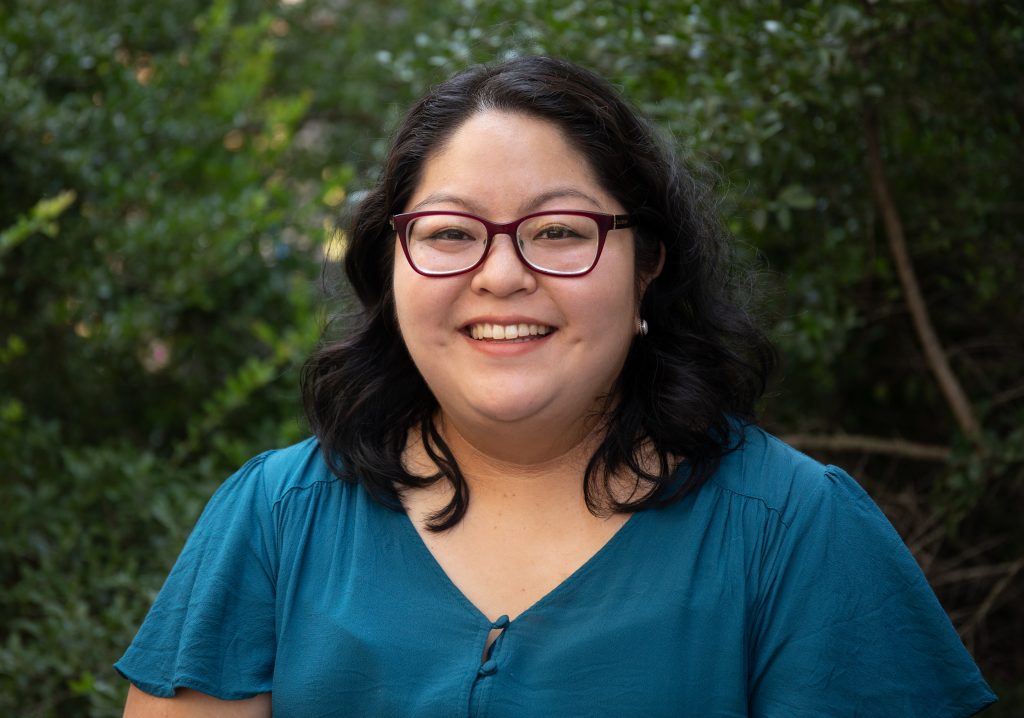
Josch Lampe, Department of Germanic Studies
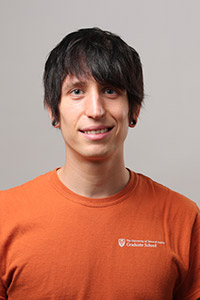
I am defending my dissertation in the Spring of 2021. In my work, I investigate how contesting approaches to 20th/21st century philosophy serve as a cultural and political critique to reevaluate and disseminate the (re)constitution of a politically engaged public sphere. Since my aim is to contribute to a conversation that connects political philosophy with contemporary politics, one of the critical issues for me is to make sure that I explain abstract theory in the most relatable way—the UWC has been an excellent resource for me in that regard. The UWC’s one-on-one consultations are a service I use on a weekly basis. Having a “lay-person” reading my work provides me with valuable feedback on whether people outside my academic field can follow my written thoughts. As an international student, I furthermore appreciate the opportunity of having a native speaker of English provide feedback on grammar and style.
In addition to the one-on-one consultations, I recommend the writing retreats. It’s tough to have a more productive Saturday. Having a room full of likeminded people working on their projects creates a dynamic atmosphere that is rather difficult to create in other settings. Also, I haven’t met one single grad student who does not appreciate free coffee. The workshops offered by the UWC helped me organize and strategize my work process. Writing a dissertation is a marathon, not a sprint. Having the right tools to ensure one’s efficiency in the process is as crucial as having good mentors. The UWC streamlined my writing and research strategies—a skill set I will benefit from for the rest of my professional career.
Lastly, I encourage everyone to take their job application materials to the UWC. Writing teaching statements, portfolios, cover letters, CVs, and resumes is a painful process. It does take a lot of consultations to end up with a satisfying first draft, but without the UWC, this whole process would have been at least twice as hard. I cannot thank the UWC enough for their services and encourage every grad student to work with this great resource.
Adrian Riccelli, Department of Spanish & Portuguese
I earned a Ph.D. in Hispanic and Lusophone Linguistics in the Department of Spanish & Portuguese in December 2019. My dissertation adopted a quantitative approach to examine patterns of variation in the subject pronoun system of an understudied Portuguese-based creole language called Cabo-Verdean Creole. The results contributed to ongoing debates over the formal theoretical status of certain classes of pronouns, the processes of language change over time that shape their form and function, and the role of semantics, cognitive processing, and social relationships, in constraining the patterns of how we refer to entities and keep track of them during a conversation. In January 2020, I began a position as Visiting Assistant Professor of Spanish in the Department of Romance Languages & Literatures at the University at Buffalo, SUNY.
The University Writing Center services were indispensable in helping me complete my dissertation, particularly in the final year of my program. I was approaching a crucial turning point professionally, the end of the funding available to me to work as an Assistant Instructor was coming up fast, and in August 2019 I had accepted the VAP position, despite knowing that it was going to be a scramble to finish and defend by the end of the fall semester. Starting in 2017, I began attending 2-hour writing groups at the UWC. I attended these every semester, including several summer sessions.
The writing groups provided me the routine and structure I needed to fit the research and writing my dissertation required into an already crammed teaching and job market hunting schedule. Aside from the ritual and routine of setting aside sacred time to work every week, the start of the session check-ins kept me focused on practical, tangible goals. In my final semester, several of us from one of the groups even formed a separate unofficial writing group to keep up the habit.
Saturday writing retreats were also very helpful. They get you up and out of the house on the weekend, and I found that I could get quite a lot done in the larger extended writing blocks. Something about the act of commuting to go and get some work done, along with the gravitas of a quiet room of colleagues hard at work, exert a force that compels one to maximize productivity.
I found the writing consultations to be extremely helpful as well, particularly for documents that needed to be interdisciplinarily accessible such as job application materials. Occasionally, I even found it useful to work alone at quiet desks in the UWC. The various workshops offered by the UWC were beneficial in helping to plan and organize the dissertation project long-term and to become familiar with various resources and best practices across professional capacities.
In sum, the UWC is an invaluable resource, especially if you’re like me and don’t naturally gravitate towards hard-and-fast routines or highly planned work schedules. Since I arrived in Buffalo, I’ve been searching for and trying to recreate a comparable writing group.
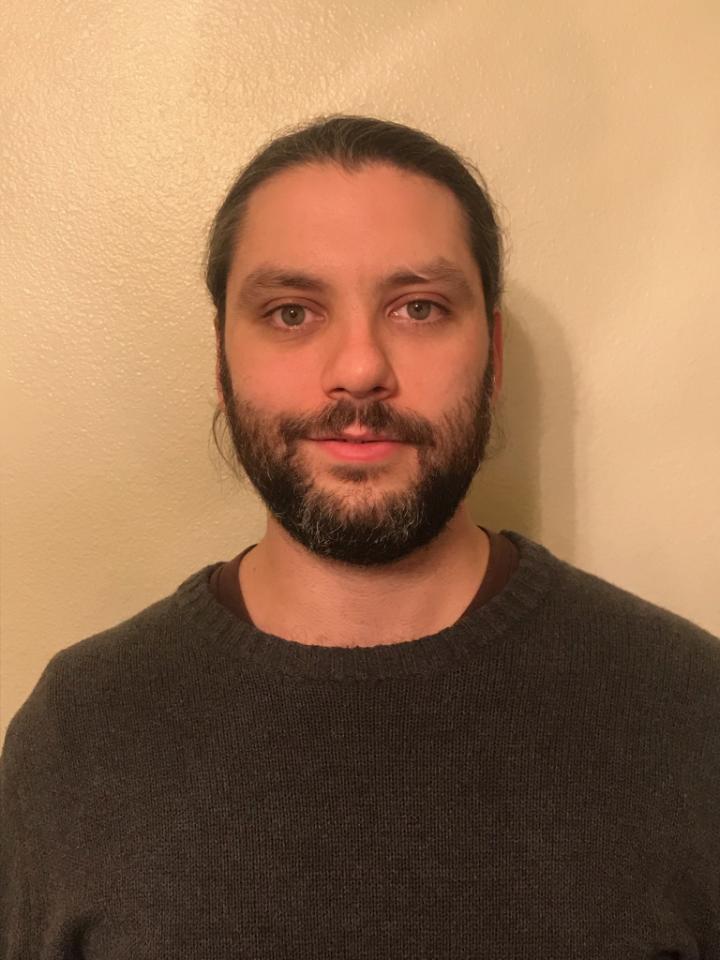
Adèle Douglin

On May 20th of 2017 I completed my PhD in Foreign Language Education. My concentration was teaching Spanish as a second language. My dissertation took an in depth look at students’ interactions with native speakers while they studied abroad in Spain. In August I start a postdoc in the Modern Language Department at Georgia Institute of Technology.
During the last couple years as I completed my dissertation, the UWC services were invaluable. I took advantage of all they had to offer. I went to workshops. Their Saturday – all day – writing retreats where some of the most productive times for me. I was also part of two writing groups lead by Sara and Tom. I learned a lot of helpful tips from Sara’s group that started with a small teaching session on writing followed by a time of uninterrupted sustained writing. The following semester I was a part of Tom’s group that was only sustained writing. In addition to receiving tools and techniques to improve my writing the most helpful part of these groups was the accountability. The group facilitators had all members set realistic goals for the week and each week we would start by discussing our accomplishments. Additionally, when I was working on my job search materials I used the one-on-one consultations and received a lot of help as well.
The UWC was created just in the nick of time. Before I discovered their services I was struggling to schedule time to write, and struggling with a lack of productivity when I did find time. Once I started using their services I saw an increase in my productivity and in my desire to focus on my dissertation. Due to the friendships and support I received from the other group members, writing did not seem like a daunting task. I honestly can say that I would not have reached my goal of a May 2017 graduation if it had not been for the support and help from the UWC staff and fellow graduate students.
To those of you still writing – there IS a light at the end of the tunnel, however you cannot make it to the end alone. You need a community around you to support you and help you and encourage you. There is no greater community that other graduate students in the same season of life who understand what you are going through. Ask for help! Go to the consultations! Join a writing group! Go to the workshops! Go to the Saturday retreats! You will not regret it. The UWC staff is willing and ready to help you reach your goal. They understand the stresses and pressures of graduate school and they are willing to help you carry the load while pushing you towards your goal. Be encouraged – the end IS attainable.
Caitlin McClune
I defended my dissertation on the 10th of May of 2017. My research focuses on the integration of digital technologies in creative production in Zimbabwe. My project examines the changing conditions of labor, production, and distribution based on the rapid rise of digital connectivity in the region. In my final years as a graduate student, I used the facilities, programs, and resources at the UT Writing Center extensively. I developed an ongoing relationship of accountability and support with the UWC Graduate Writing Coordinator, a necessary experience that enabled me to put one foot in front of the other, eventually leading me to the finish line. In addition to the incredible support I received from the UWC Graduate writing Coordinator, I went to several of the workshops available and made use of the concentrated and structured writing time provided on Saturday writing retreat days. Invaluable to me was the ability to link up with fellow graduate students going through similar experiences. Just being in the same room as a large group of writers calmed my nervous system down in the process of churning out chapters. Luckily, I met other grad students at some of these events, and we were able to support each other extensively in the final year of our projects. Being scholars, we’re more likely to isolate with our books and our computers, but this is a painful way to fight your way through finishing a dissertation. The UT writing space is a genuinely supportive, nourishing and motivating place to go if you’re feeling stuck in any way in your writing.
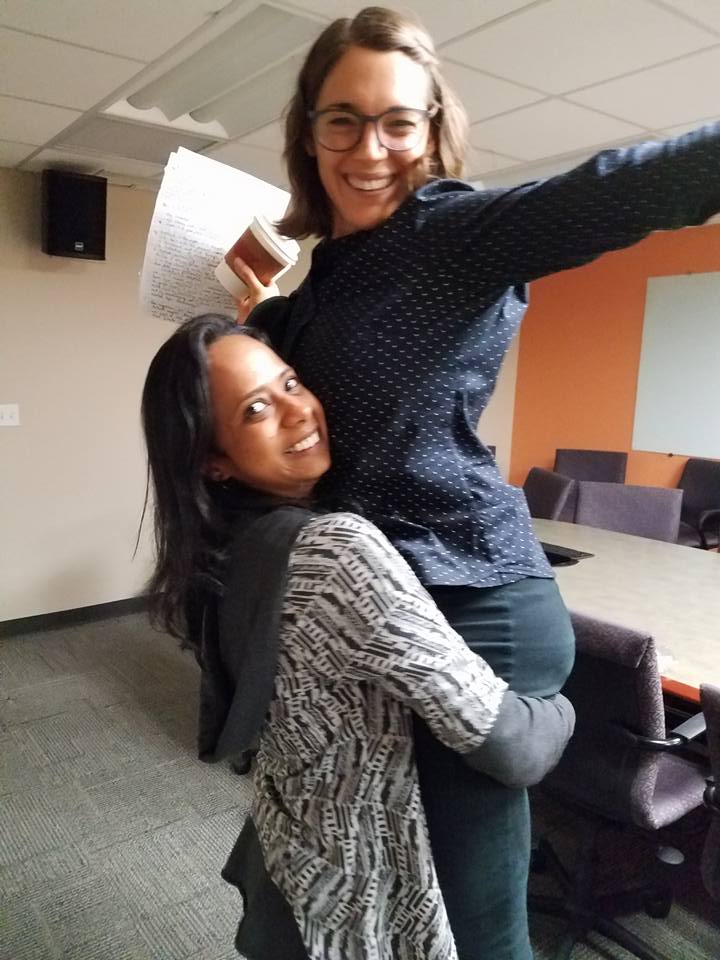
Megan Case
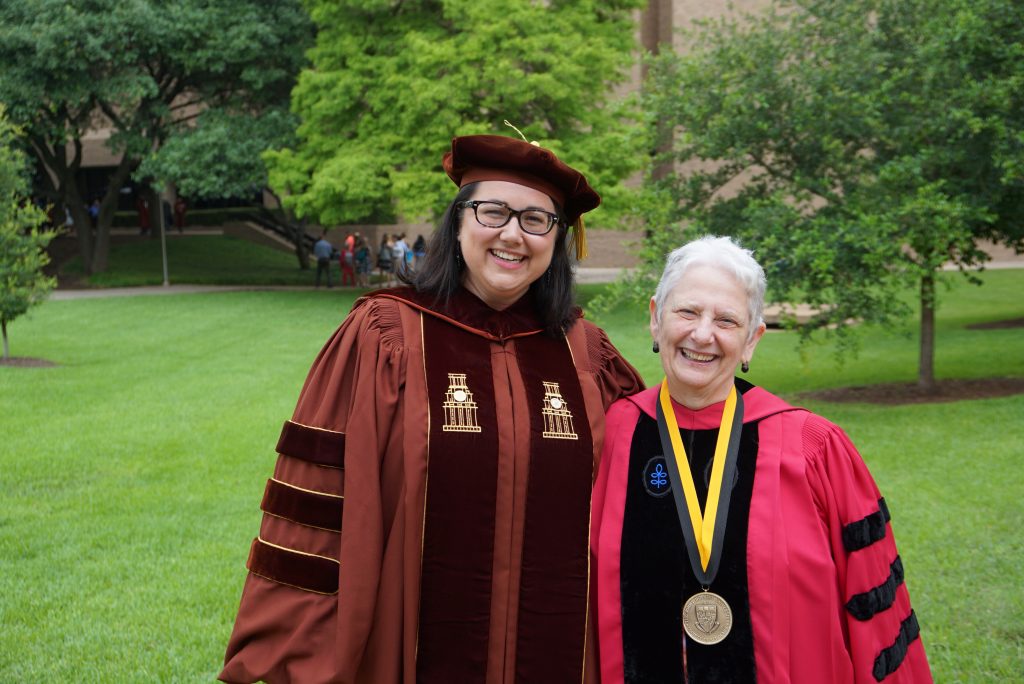
In May 2016 I completed my Ph.D. in Religious Studies. My primary area of focus is the Hebrew Bible (Old Testament) where I engage with historical, social-scientific, and feminist criticism. In my dissertation, I examined the regulation of bodies in Judges 19–21. Besides my work on the book of Judges, my current projects explore descriptions of sexual activity in the biblical book of the Song of Songs and analyze the book of Ecclesiastes using cyborg theory.
My final year of graduate school, I used the UWC’s services extensively. After participating in two different writing boot camps offered through other offices during the summer, I eagerly signed up for the graduate student writing groups offered by the UWC in the fall and spring. I also participated in multiple writing retreats throughout the school year. Through my participation in these services, I developed a strong relationship with the leader of the graduate writing program and could seek her advice when difficulties arose in my dissertation writing.
I am more successful as a writer and scholar when I am accountable to someone else. Thus, one of the most difficult parts of dissertation writing for me was the isolation inherent to te process. Through the writing groups at the UWC, I found a community where I could discuss my writing goals and track my progress. The writing retreats were especially helpful and I was able to produce a great deal of writing during those days. Besides keeping me on track with my dissertation, the UWC writing groups helped me to make my research accessible to a broader audience. I found friends and colleagues well outside my discipline, and the peer reviews improved my writing. In all honesty, I do not know if I would have finished my dissertation on time if not for the UWC.
I encourage graduate students to take time to discover as much as they can about their own writing style and process. There is no single universal method for writing a dissertation. For instance, I write first drafts quickly and spend more time editing; others like to edit as they write. The timeline for drafts for each of these styles will be quite different. I thrive with the accountability of a writing group; others are more self-motivated. Find out what works for you and stick with it. Graduate students should also realize that your dissertation is not supposed to be the pinnacle of your academic career. The best is yet to come. A dissertation should be well-researched and well-written, but at some point you will need to stop, finish, and graduate. Do not to let the pursuit of perfection delay you. My final piece of advice to talk to your supervisor(s) and readers about their expectations for your dissertation. The clearer communication you have with your supervisor(s), the easier this whole process will be.
Leah Geer
On April 1, 2016 I completed my PhD in Linguistics with a subspecialty in Second language acquisition. I’m currently preparing manuscripts for journals based on my dissertation and preparing to start a tenure-track position at California State University, Sacramento in the program for American Sign Language and Deaf Studies.
I attended UWC writing retreats and consultations. I also worked as a consultant 2015-2016. The UWC’s services improved my time management, work habits (I used the pomodoro method), and ability to give and receive feedback. The UWC made it seem doable.
Here are my suggestions for graduate writers: 1) protect your writing time. It’s easy to let anything else take a higher spot on the to-do list. Set times aside where it can’t, even if it’s only 2-3 hours a week (which is 2-3 hours more than I worked on my dissertation a lot of weeks). 2) Set manageable goals. Do this with lots of people to increase chances of having a reliable accountability partner. 3) Check in with your accountability partner. 4) I wish I’d known that part of graduate education is not learning how to write a dissertation. It seems to get done by trial and error. Protecting writing time will help maximize opportunities you have for this trial and error so you’re not down to the wire when the clock starts ticking.
My department has a tradition from when we were in Calhoun, which had these ceiling tiles pictured here. The newly minted PhD shoots the champagne cork at the ceiling and where it hits, they sign their name. Since moving, we’ve modified the tradition slightly but we still sign the tiles.
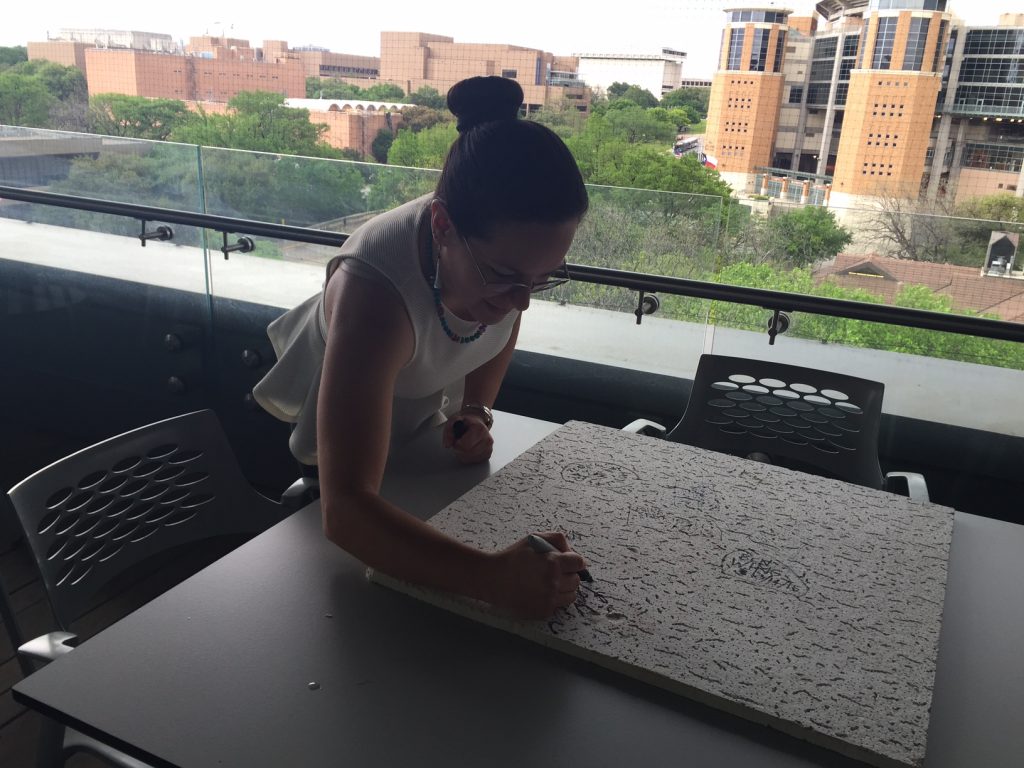
James Staig
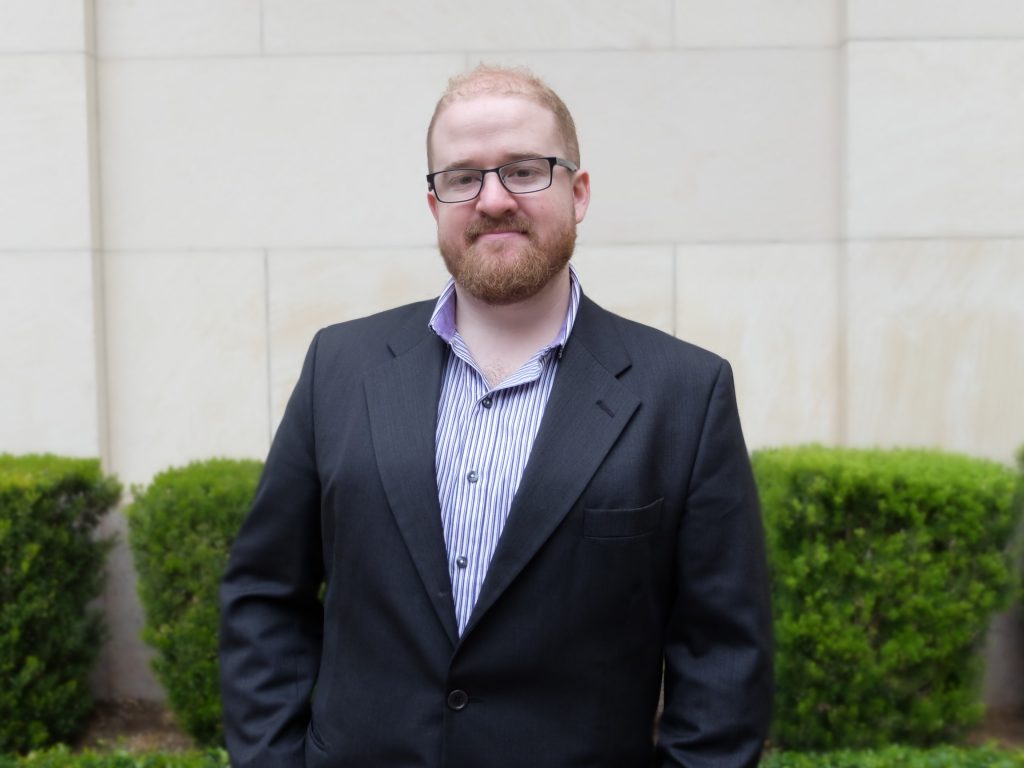
I just finished my PhD program in Spring 2016. I specialize in the study of Latin American Poetry, particularly in the relations between poetry and sound in the production of recordings by authors from the Southern Cone and the Caribbean. I frame my research from the perspectives of sound studies and the study of access to literature related to people with disabilities. For the next year I will be working for the Department of Spanish and Portuguese as a lecturer before I start my return journey to my home country Chile.
Starting my last academic year at UT, I found myself behind on my scheduled progress and trapped without being able to move forward in the writing of my final chapters and corrections for the dissertation. I decided to participate in the Writing Groups that the UWC offered, and it was the exact push I needed to re-start my writing engine. I knew I needed some specific support from the group: I needed to write as much as possible and I was writing in another language different from English, so I was not able to read the work of other people and couldn’t count on another person in the group to be able to read my work in a foreign language. Fortunately I found a perfect group that decided on a Silent Sustained Writing schedule on Monday mornings. This gave me, every week, that first push to start a writing week and helped me finish as I scheduled my dissertation defense with enough time for corrections and celebrations.
UWC’s writing groups, and the retreats I attended, helped me understand how my writing process worked and what tools really are useful as motivation for me. I have to be honest, for some of us peer pressure is the only thing that can takes out of a writing block, or makes not procrastinate when you are supposed to be writing. Being in the company of the other grad students that were in similar stages of their career made me feel I couldn’t fail them (yes, sometimes that external accountability is necessary), and I couldn’t open my Facebook or check videos on YouTube when it was writing time. The UWC helped me understand that external, immediate pressure is what works for ME in the completion of a dissertation.
I would recommend that any graduate student attend some of the writing groups, but be really explicit about what you expect to obtain from them. Go to one of the retreats and try out the experience of writing for a full day with a group of people that are in the same situation as you. Try it out, and you may learn, as I did, that there are no universal suggestions that will work for everybody. Sometimes those systems described in books of “How to finish that dreaded task that is ruining your life (dissertation suggestions)” sound really fancy and nice, and look so perfect on the page that they make you feel like a failure because you are not able to make them work for you. Not everybody responds to the same stimuli, but maybe you are like me and you respond better to the peer pressure and the fear of looking like a fool to that community of students going through the same pain as you.
Karen Chilstrom
My name is Karen Chilstrom, and I completed a PhD in Slavic Languages and Literatures in 2016. I’m currently writing journal articles and exploring a variety of work opportunities.
The University Writing Center is an amazing resource for graduate students, and I took full advantage of their offerings. I attended workshops related to dissertation writing and the creation of job materials, participated in a series of writing groups, and signed up for every writing retreat I could possibly attend.
The UWC completely changed my experience of graduate writing. The guidance and support I received allowed me to finish the dissertation much more quickly than I could have on my own.
I suggest that incoming graduate writers acquaint themselves with the services offered by the UWC as early as possible in their degree programs. Being part of a supportive community of fellow writers will lead to greater satisfaction and success in their academic endeavors.
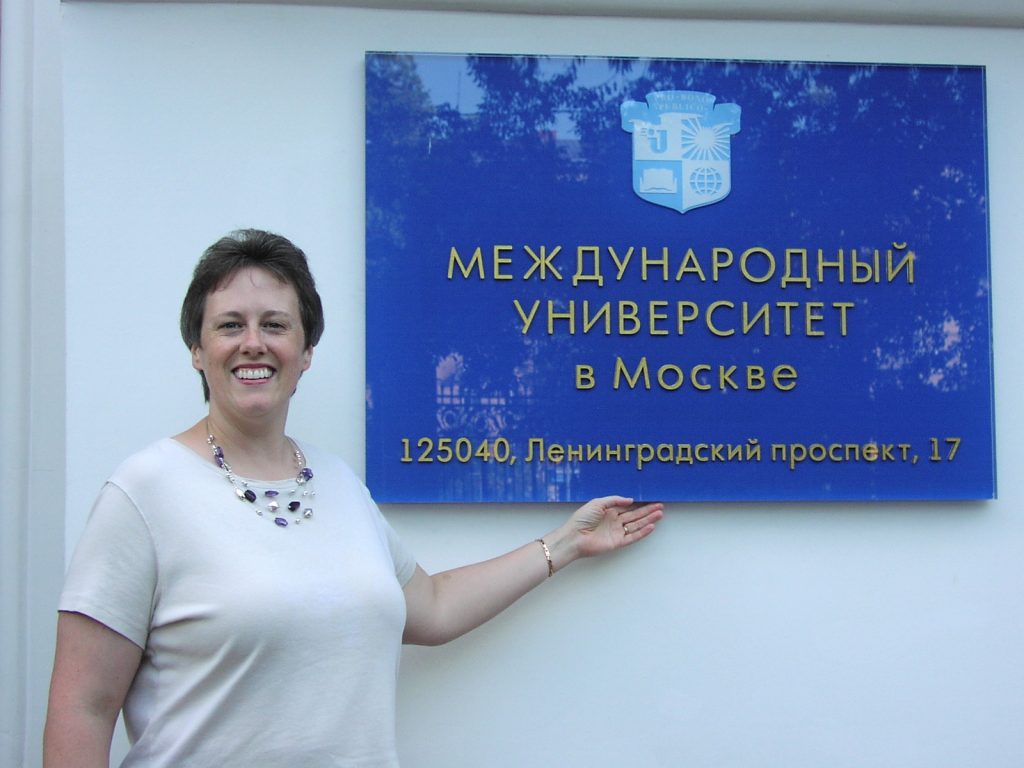
Stephanie Malak
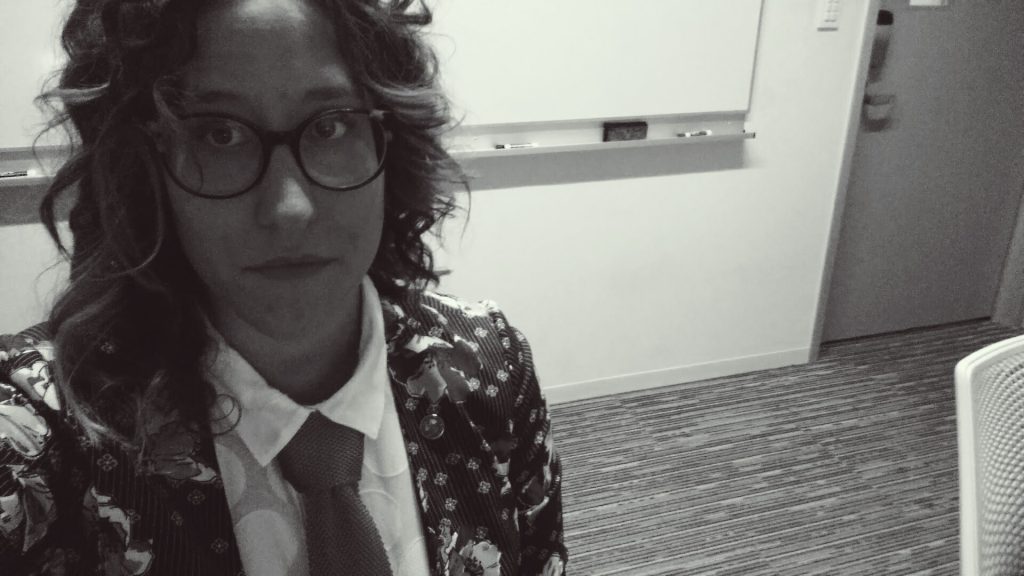
I completed my PhD in the Department of Spanish and Portuguese in May 2016 (having finished my MA here in 2011). My research interests engage with mystical, gender, and poetic studies in Latin American literature; broadly, I look at the way religion is incorporated into Latin American post-modern poetics. In my dissertation I examine how Latin American writers use mystical language to address high-stakes secular issues, such as political revolution, feminism, and cultural identity. I am particularly interested in female writers whose poetic product is an exploration of a feminine Latin American lineage. Writers from Cuba, Argentina, and Brazil conflate the Divine and the quotidian in order to “divinize” aspects of everyday life. I contend that this poetic strategy of rhetorical divinization reveals both the profane and transcendent nature of their poetics. Currently employed as a lecturer in my department, I am returning to the job market for the 2016-2017 cycle.
I used almost(?) all the services the UWC offers and have encouraged everyone I know to utilize them. I first became oriented with the UWC through the Dissertation Boot Camp run by Dean Raizen, and from there signed up for writing groups throughout the last two semesters of my graduate career. (Special props to Tom!) I was also a big fan of the writing retreats as I pumped out a lot of words on those otherwise dreary Saturdays. I owe the UWC a lot in terms of helping me make progress and making me feel like a capable human.
The UWC’s services got my ass to sit in a chair and write. I was never a fan of group/peer editing/writing sessions, but the structure of the UWC writing groups and retreats was something for which I am extremely grateful. It is comforting to look up from your work and see other folks pounding away at the keyboard with the same set of anxieties.
So many people (professors, fellow students, professional mentors) will give you advice indicating there might be this ONE thing that helped them and therefore can help you: the mythical “magic feather.” You must find your own way. There is no wrong way to write. And please, learn forgiveness, with yourself. I missed 100% of my internal deadlines (meaning the ones I self-imposed) and I still graduated on time and my faculty still likes me (I hope).